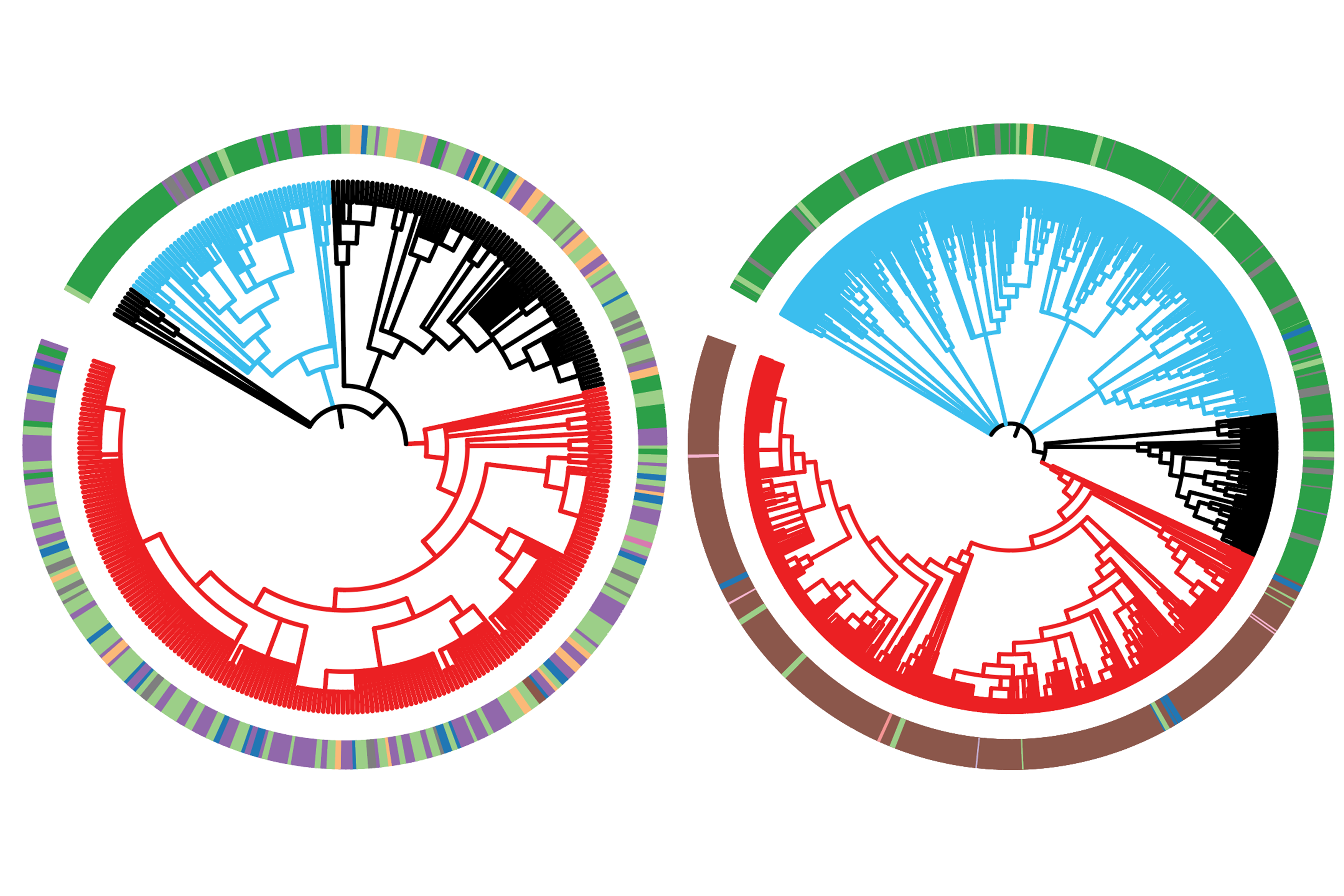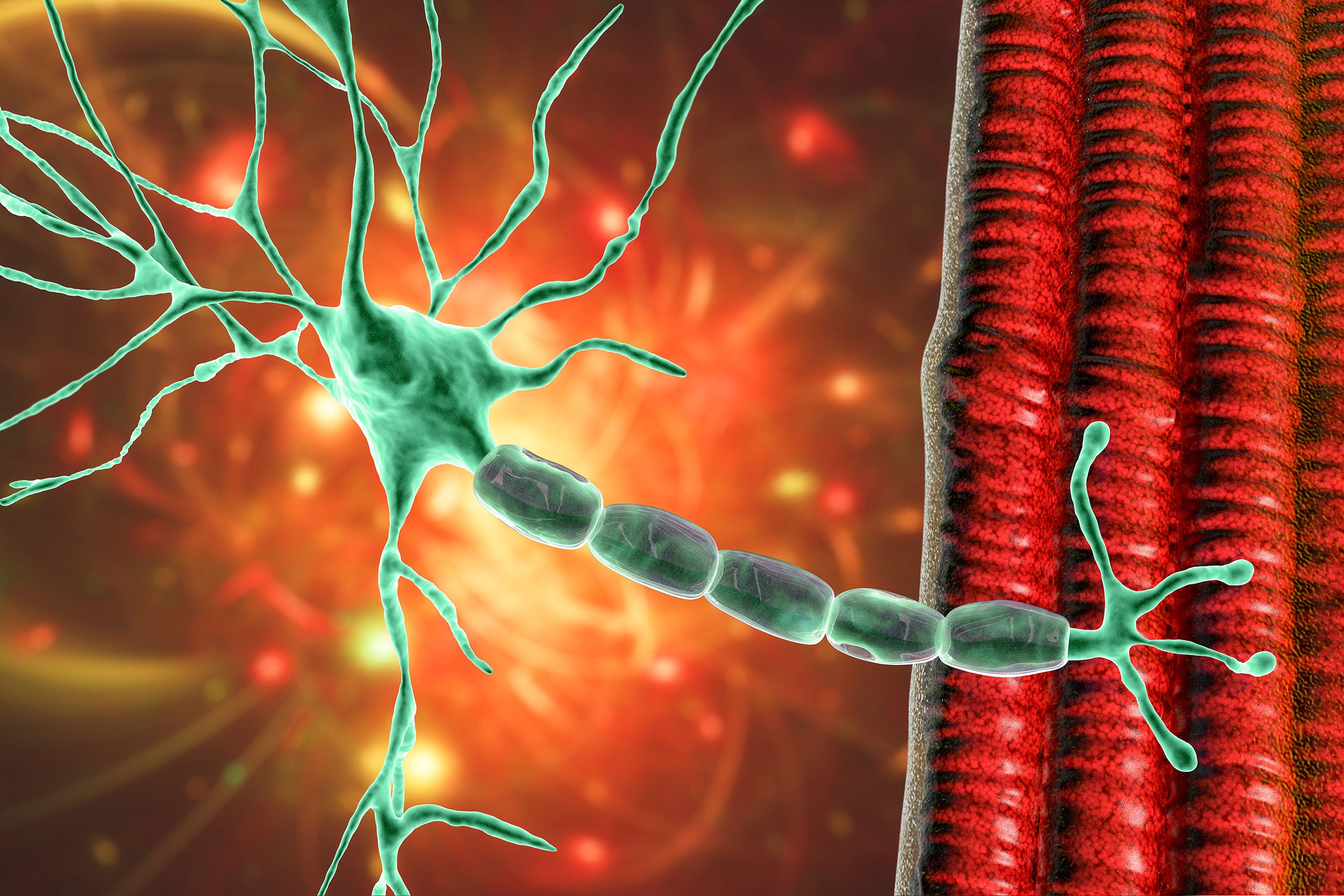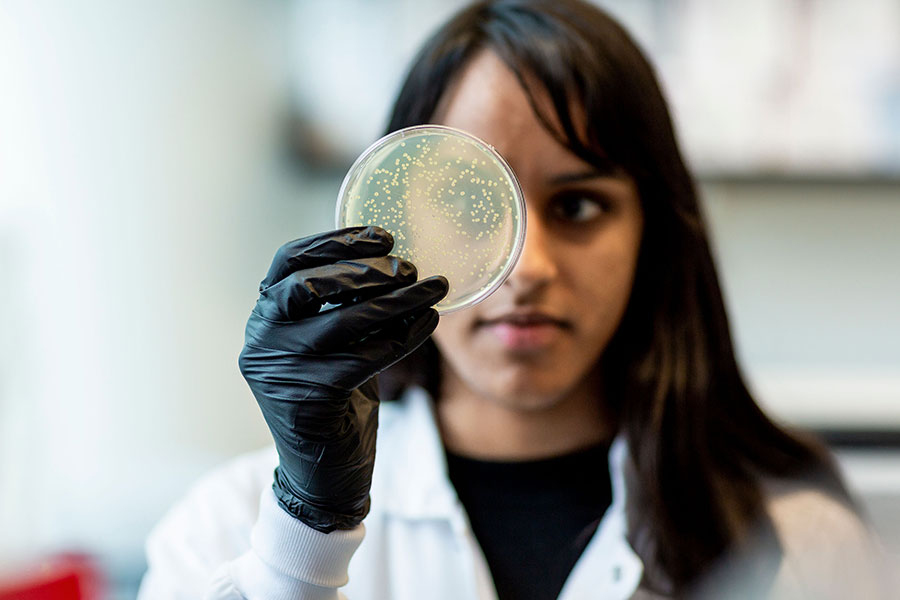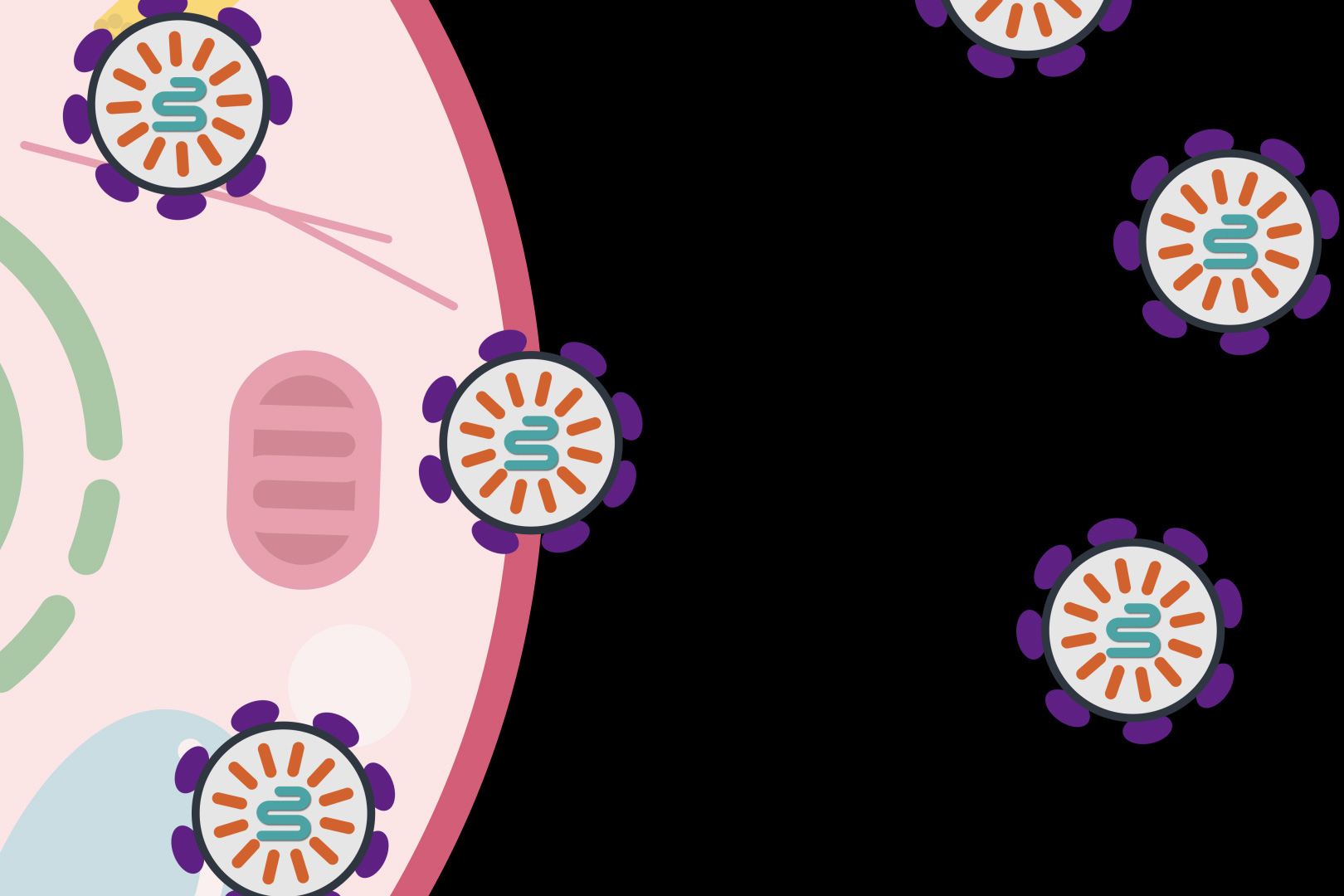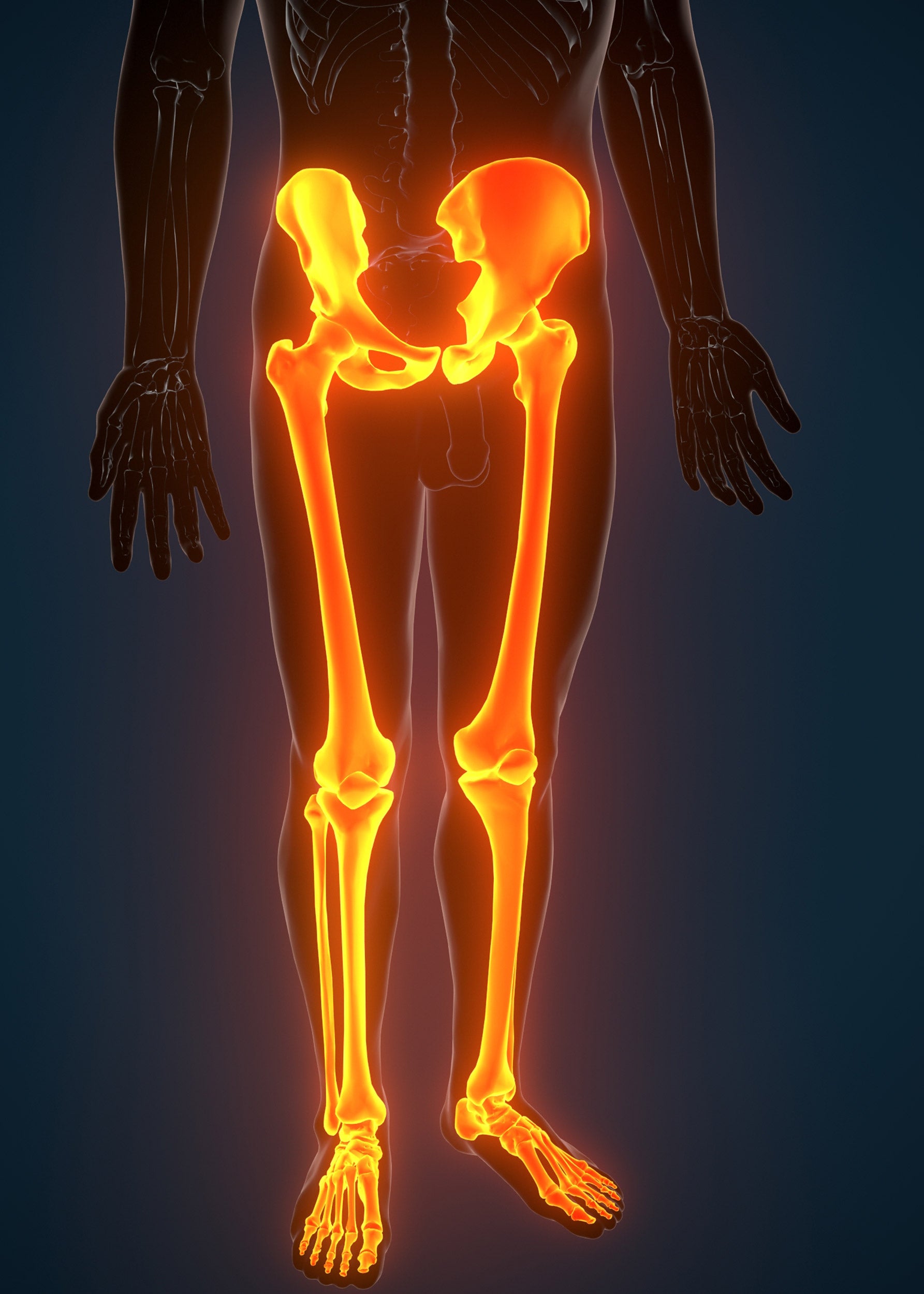Genetic GPS system of animal development explains why limbs grow from torsos and not heads
Hox genes make sure all your body parts grow in the right place. Understanding how they work can reveal the process of evolution and lead to potential treatments for congenital birth defects.
Nov. 10, 2021 • ~10 min
Gene-edited crops: expert Q+A on what field trials could mean for the future of food
Field trials of genetically edited crop plants are to be allowed in England under new government proposals.
Sept. 30, 2021 • ~11 min
Should we genetically edit the food we eat? We asked two experts
Catherine Price, sociologist, and Nicola Patron, synthetic plant biologist, discuss the promises, dangers and concerns around gene edited and GM crops.
Aug. 11, 2021 • ~22 min
New at-home test detects COVID-19 variants in your spit
Researchers have now created a simple, inexpensive diagnostic test that allows users to test themselves for multiple variants of the SARS-CoV-2 virus at home, using just a sample of their saliva.
Aug. 6, 2021 • ~10 min
From CRISPR to glowing proteins to optogenetics – scientists' most powerful technologies have been borrowed from nature
Three pioneering technologies have forever altered how researchers do their work and promise to revolutionize medicine, from correcting genetic disorders to treating degenerative brain diseases.
Aug. 5, 2021 • ~9 min
/
11

